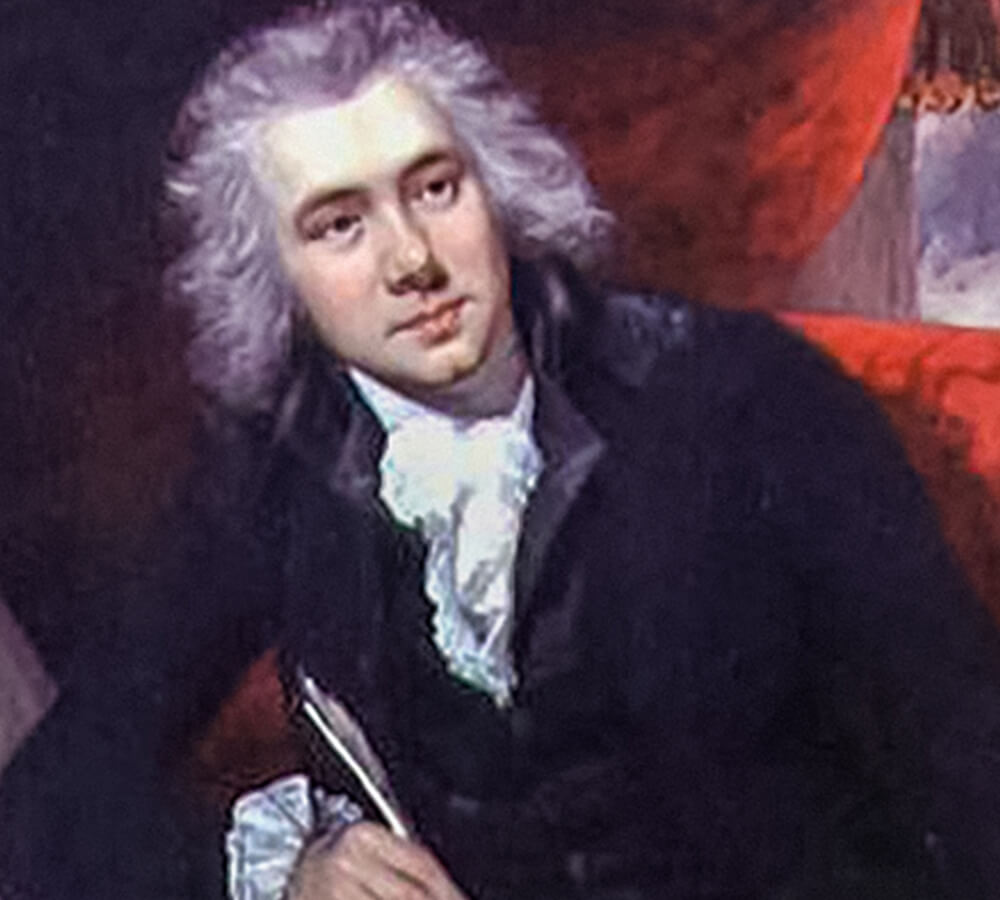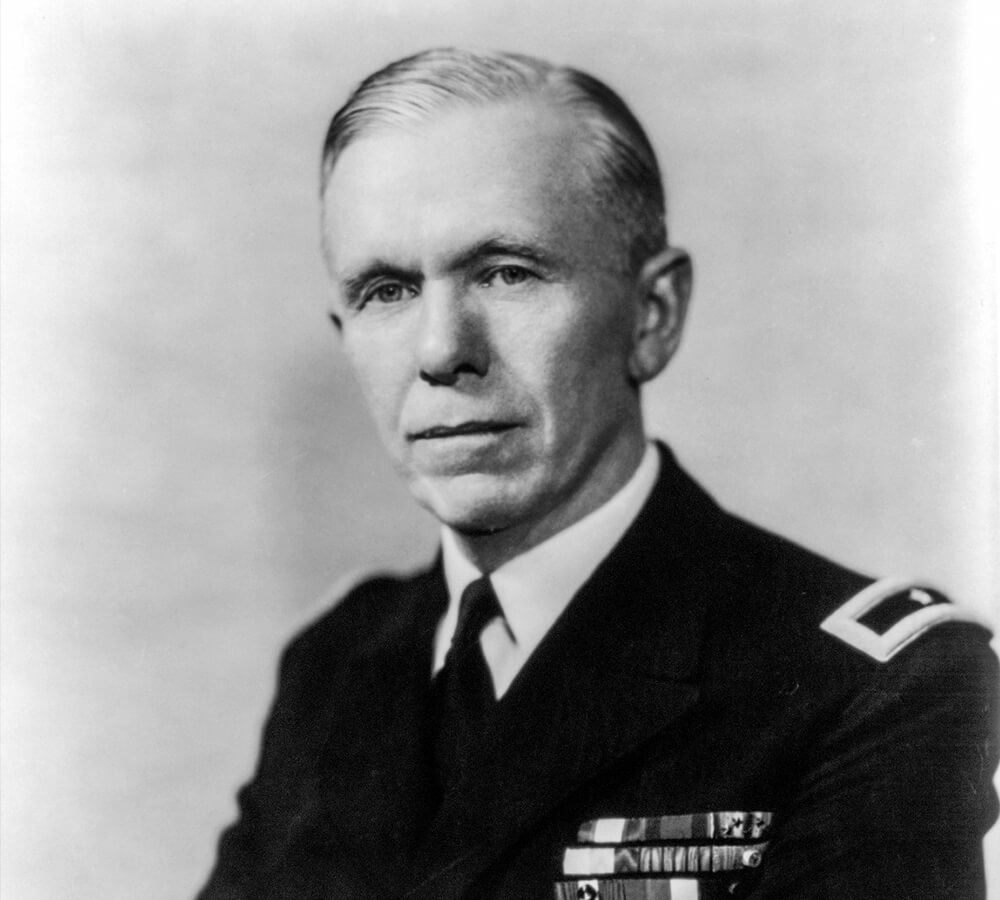Four Examples of Statesmen
I would like to begin with what I consider four clear examples of statesmen over the past two and a half centuries.
These four men were statesmen of the highest order. They displayed a vision that was not quenched by obstacles. Although they were driven by the noblest goals, they did not sacrifice high character in achieving their goals. To each of these, the means for achieving their goals was just as important as their goals. In Burke’s wording, they operated according to “enduring principles.” With the exception of Mandela, these statesmen were not universally appreciated in their own era. Wilberforce was a political outcast until late in his struggle. Lincoln was hated so much that he was assassinated. Marshall, although he received the Nobel Prize, was largely overlooked in his own nation. Statesmen, as I am defining them, do not always attain the highest office. Typically, they are more concerned with doing good than the political expediency necessary to be elected.
In looking at these four lives, we realize quickly that there may be more statesmen than we recognize. Our error seems to be that we begin with a Head of Government and then apply a series of tests to him/her in an effort to determine if he/she survives as a statesman. For this analysis of these four leaders, it is clear that we should first evaluate if the individual is a statesman whether or not a Head of Government. A statesman need not be a Head of Government. In fact, a statesman need not even serve in Government. We will see that a person in any profession can have the heart of a statesman and, therefore, be a statesman. I have seen more statesmen in education, medicine and agriculture than I have in Government.




